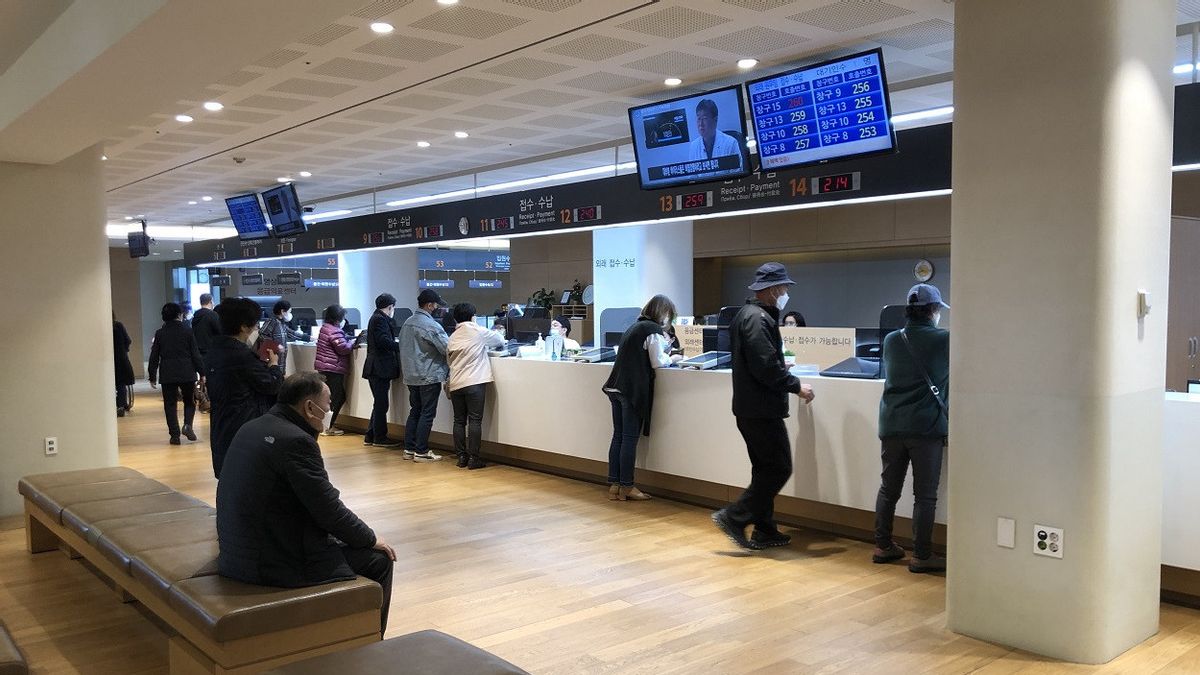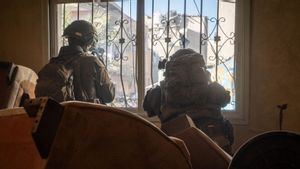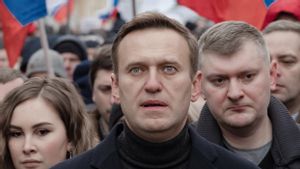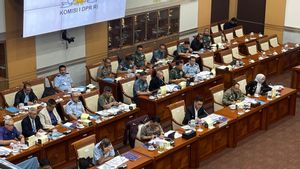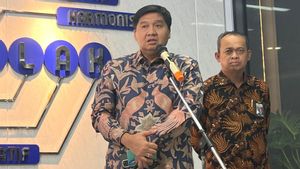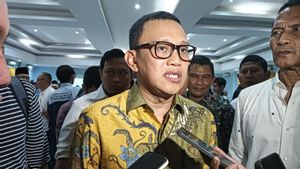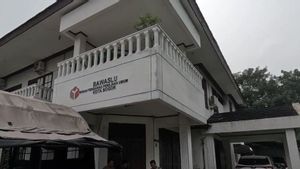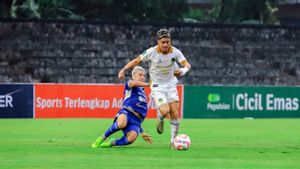JAKARTA - The South Korean government on Monday told young doctors they had until the end of February to return to work or risk being punished for protesting that had disrupted services for patients in several major hospitals.
Two-thirds of resident doctors and interns in South Korea went on a mass strike, to protest against the government's plan to increase the number of students received at medical schools, in a bid to address what authorities say is a worsening shortage of doctors in the country.
The protests have forced a number of hospitals to refuse patients and cancel a number of patient care procedures.
"Given the severity of the situation, the government issued a final request," said Security Minister Lee Sang-min at the opening of the task force meeting, adding that chaos is increasing in hospitals and emergency services have reached a "dangerous situation".
"If you go back to the hospital you left on February 29, you are not responsible for what happened," he explained.
"We urge you to remember that your voice will sound loud and most effective when you are on the patient's side," he said.
The government had previously warned that they could take legal action against doctors who do not comply with orders to return to work, including prosecution, possible arrests, and revocation of their medical permits.
Previously, young doctors who protested said the government had to pay attention to salaries and work conditions first, before trying to increase the number of doctors.
Meanwhile, Deputy Health Minister Park Min-soo said those who did not return on March 1 would face a suspension of medical permits for at least three months, among other legal action.
It is known that senior doctors and private practitioners have not participated in the strike, but have held demonstrations urging the government to cancel plans to increase the quota of medical schools.
Many South Koreans themselves support the additional plan spearheaded by President Yoon Suk-yeol.
Korea's Gallup poll recently showed about 76 percent of respondents agreed to the plan, despite their political affiliation and separate polls by Realmer released on Monday indicating President Yoon's approval rate had increased to 41.9 percent, for the first time in eight months.
SEE ALSO:
It is known that the South Korean government plans to increase the number of new medical students by 2,000 per year and expand legal protection against malpractice and prosecution demands, in a package of policy plans to improve medical services.
The government also plans to provide incentives for doctors to practice in important areas such as pediatrics and general surgery, as well as in regional areas where doctors lack more severe.
However, some doctors said the government's plan was aimed at winning more votes in the April general election. In a statement, the professor of medicine at Seoul's National University, which manages one of the country's leading medical schools, asked authorities to postpone discussions of the plan until after the election.
The English, Chinese, Japanese, Arabic, and French versions are automatically generated by the AI. So there may still be inaccuracies in translating, please always see Indonesian as our main language. (system supported by DigitalSiber.id)
